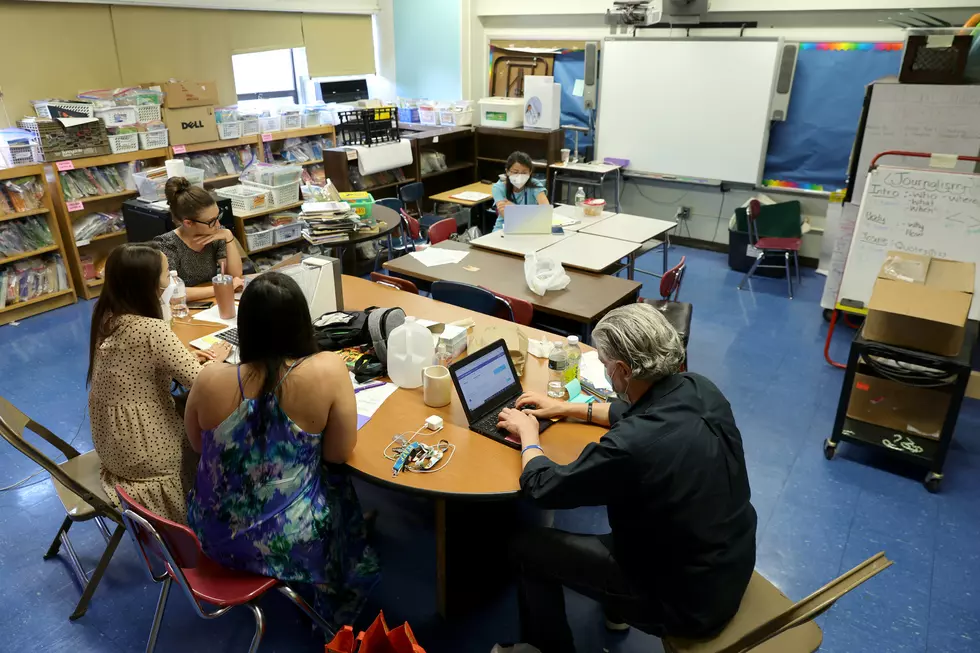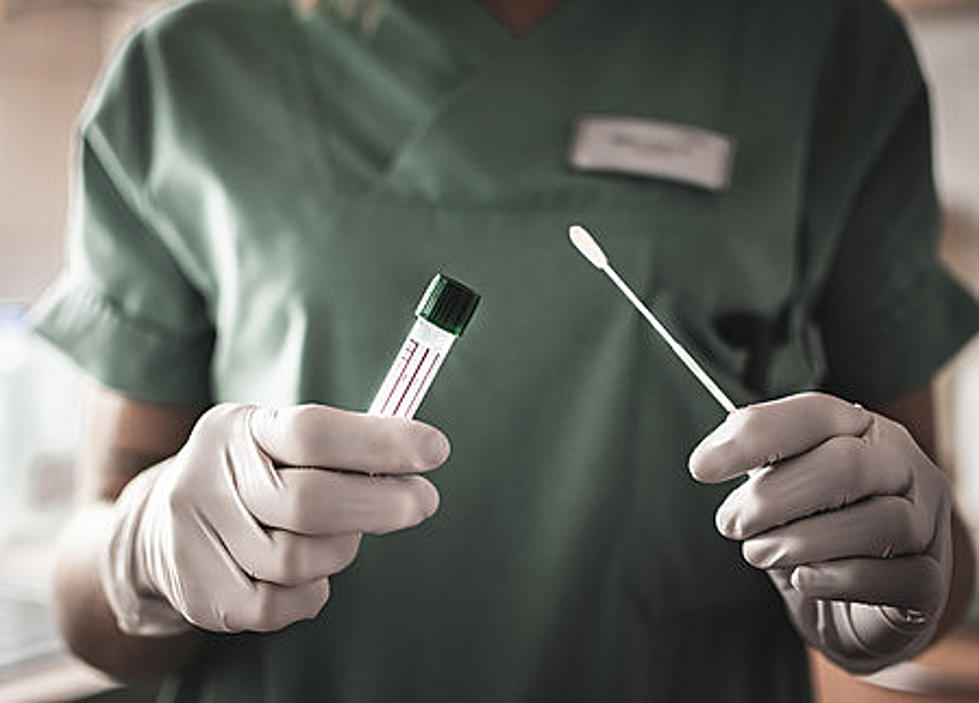
Some Parts of New York Show COVID Uptick
As the Centers for Disease Control is recommending additional COVID-19 booster shots for adults over the age of 50 who received an initial Moderna or Pfizer booster shot at least four months ago and certain immunocompromised individuals, the importance of being vaccinated is being underscored by an uptick in cases in New York.
Officials in Governor Kathy Hochul's office announced Central New York is seeing a big increase going from an already high seven-day average infection rate of 43.49% on March 26 to 48.65% on March 28. The Southern Tier’s average has gone from 22% percent on Saturday, March 26 to 23.65% on March 28.
Broome County’s new cases are fairly steady at around 22 per day while Chenango, Cortland, Delaware and Tioga Counties are recording daily new infections anywhere from zero to as high as 13. The numbers do not reflect home COVID-19 positive test results that may go unreported to county health officials.

The CDC emphasizes people who have been vaccinated and boosted are 21-times less likely to die from COVID-19 compared to those who were unvaccinated and 7-times less likely to be hospitalized.
A number of COVID-19 vaccination and booster clinics are scheduled for the upcoming weeks in Broome County.
Pfizer booster and J&J single dose clinics are being held at the First Presbyterian Church in Johnson City March 30 from 4:35 to 6 p.m. Other clinics for boosters and primary doses are scheduled through April at the Broome County Health Department in Binghamton.
Residents can go to www.gobroomecounty.com/hd/coronavirus/vaccine for information and to register. Vaccinations are also being given at the New York State-operated site at the former Davis College on Riverside Drive in Johnson City. Information on vaccinations at that location can also be found on the county website.
KEEP READING: See 25 natural ways to boost your immune system
Answers to 25 common COVID-19 vaccine questions
More From KISS 104.1









